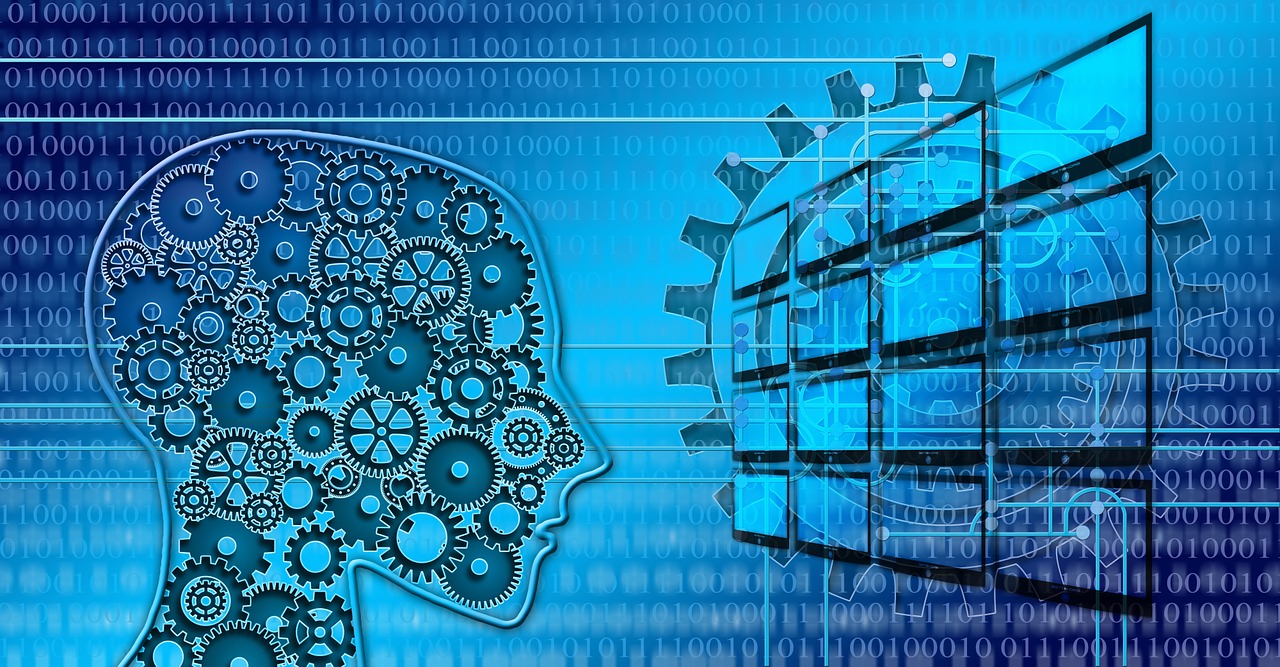

By Nabab - Mar 30, 2024
The use of AI in workplaces offers efficiency and productivity gains but raises ethical concerns, including bias, privacy risks, and job displacement, necessitating safeguards like transparency and human oversight.

LATEST
The use of artificial intelligence (AI) tools and systems in American workplaces is growing rapidly. While AI offers potential advantages, there are also significant ethical concerns around its implementation that must be addressed.
On the positive side, AI can boost efficiency and productivity for U.S. companies through automation of repetitive tasks. AI algorithms can quickly crunch large datasets to find insights that give businesses a competitive edge. A 2019 study by Accenture found that AI could boost profitability by an average of 38% across 16 industries.
However, AI's downsides include perpetuating human biases if the training data is flawed, putting quality assurance checks on AI outputs, and AI leading to workforce displacement. The nonprofit Data & Society estimates up to 73 million U.S. jobs could be impacted by AI and advanced automation in the next decade.
From a legal perspective in the U.S., the use of AI tools like resume-screening software or AI video interviews must comply with anti-discrimination laws like the Civil Rights Act. However, the opaque nature of many AI systems makes detecting illegal bias difficult. In 2021, a Colorado woman sued a Fortune 500 company alleging their AI hiring tool discriminated against her on disability grounds.
As for performance evaluations, projections show approximately half of U.S. companies will use AI for this purpose by 2025. This raises due process issues, as workers may have limited ability to understand or appeal determinations made by inscrutable AI models. In response to such concerns over "black box" AI systems, the U.S. government published its Blueprint for an AI Bill of Rights in 2022. It calls for AI to be safe and effective while respecting rights like data privacy, freedom from discrimination, and human autonomy over decisions.
Professional organizations like the Institute of Electrical and Electronics Engineers (IEEE) have also developed ethics frameworks to govern responsible AI deployment in the workplace. Key principles include transparency, human oversight of high-stakes decisions, privacy protections, and guarding against biased or deceptive AI systems. On the positive side, AI can boost efficiency and productivity for U.S. companies through automation of repetitive tasks. AI algorithms can quickly crunch large datasets to find insights that give businesses a competitive edge. A 2019 study by Accenture found that AI could boost profitability by an average of 38% across 16 industries.
Beyond these benefits, AI offers the potential to enhance worker safety. AI-powered systems can monitor hazardous environments or analyze worker behavior to identify and prevent potential accidents. Additionally, AI can improve decision-making by analyzing vast amounts of data and identifying patterns and trends that humans might miss, leading to more informed business choices. Furthermore, AI can personalize employee experiences by tailoring learning and development programs to individual needs and strengths. Finally, AI can act as a powerful tool for human workers, assisting with complex tasks and freeing up their time for more creative and strategic endeavors, essentially augmenting human capabilities
Ultimately, whether it's ethical to use AI tools at work depends on following best practices and giving employees a voice in shaping policies around their adoption. AI should empower workers, not diminish their rights. With appropriate guardrails, AI's efficiencies can combine with human strengths to benefit both businesses and employees alike.